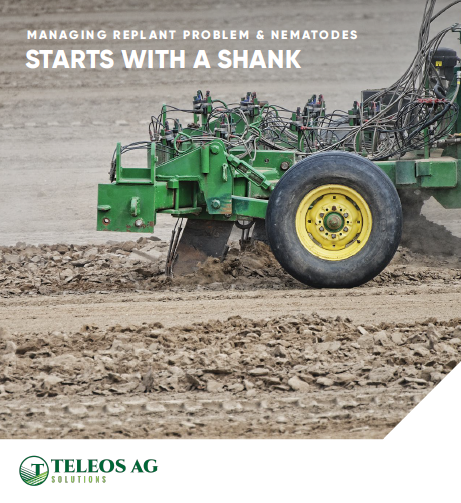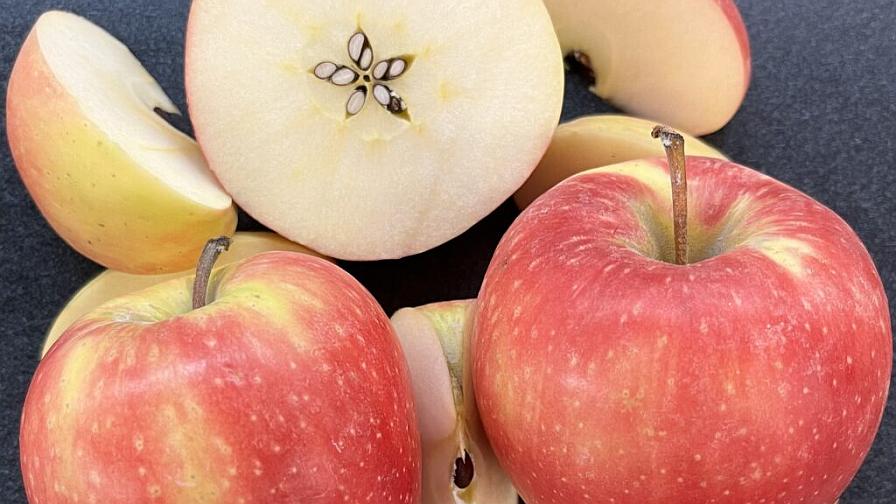Citrus Disease Confirmed In Texas And Louisiana
USDA’s Animal and Plant Health Inspection Service (APHIS) announced the presence of Elsinoë australis, or sweet orange scab, in Texas and Louisiana. This is the first detection in the U.S. of the fungal pathogen, which poses no risk to human health. The infected citrus trees were found on residential properties in Harris and Orange counties in Texas, and in Orleans parish, LA.
The detections were found on citrus trees in Texas that were part of the annual citrus commodity survey. The survey is performed under a cooperative agreement through the citrus health response program (CHRP), which is a collaborative effort involving growers, federal and state regulatory officials and researchers to promote the health and marketability of U.S. citrus. The Louisiana detection was identified during a CHRP citrus greening or Huanglongbing sentinel site survey.
Sweet orange scab is a fungal pathogen of citrus caused by Elsinoë australis that results in unsightly, scab-like lesions developing on fruit rinds and, less often, on leaves and twigs. The damage produced is superficial and does not affect internal fruit quality or taste. Infected fruit are more likely to drop prematurely, and the scabby lesions reduce the fruit’s fresh market value. In addition, the disease may stunt young citrus seedlings. The disease has been found in South America (Argentina, Bolivia, Brazil, Ecuador, Paraguay and Uruguay) and in Oceania (Cook Islands, Fiji, Niue and Samoa).
For information on the cooperative citrus health response program, please visit
www.aphis.usda.gov/plant_health/plant_pest_info/citrus/index.shtml.
Source: USDA-APHIS news release










